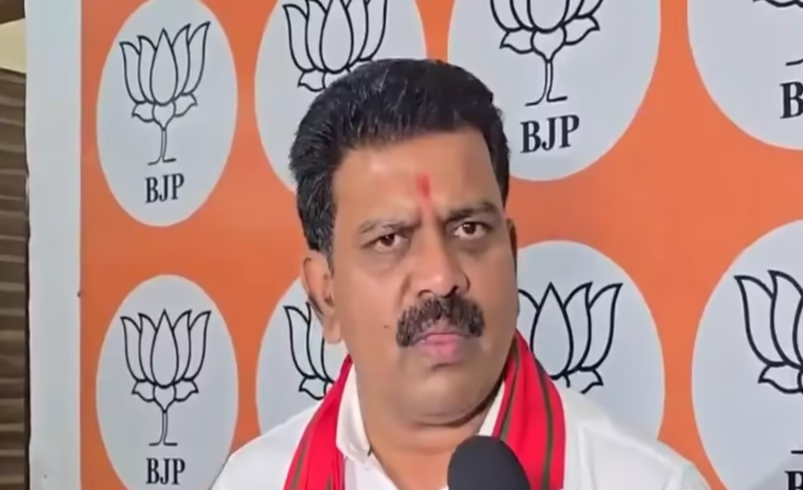Chhattisgarh deputy CM urges Maoists to end violence before talks
- September 21, 2025
- 0

Chhattisgarh’s Deputy Chief Minister Vijay Sharma has indicated that the state government is open to exploring peace talks with the Communist Party of India (Maoist). However, he made it clear that any dialogue would depend on an immediate end to civilian killings and the removal of improvised explosive devices (IEDs) planted in affected areas. While the statement reflects a willingness to consider negotiations, ongoing incidents of Maoist violence have cast doubt on whether such a process could move forward in the near future. The government has emphasized that counter-insurgency operations will continue until a final decision is taken by senior leadership.
Deputy CM Vijay Sharma outlined specific preconditions for initiating discussions with CPI(Maoist). He stressed that peace cannot be pursued while civilians remain under threat from targeted attacks and hidden explosives. According to him, halting these violent tactics would be the first step toward building trust and creating an environment where dialogue could be meaningful. The message underscores the state’s dual approach—keeping the door open for reconciliation while prioritizing public safety in conflict-affected regions.
Despite the offer of talks, reports of continued Maoist-related violence have raised skepticism about whether insurgents are genuinely interested in negotiations. Incidents involving attacks on civilians and security forces have continued, undermining confidence in the possibility of a ceasefire or constructive engagement at this stage. This ongoing unrest has left many questioning whether the proposal for talks is realistic or merely symbolic until tangible changes occur on the ground.
The Chhattisgarh government has reiterated its commitment to maintaining counter-Naxal operations even as it signals openness to dialogue. Officials have clarified that security measures will not be scaled back unless there is a clear directive from top leadership and visible signs of de-escalation from Maoist groups. This balancing act reflects an attempt to combine firmness with flexibility—ensuring that law enforcement continues while leaving space for potential peace initiatives should conditions improve.
Sharma emphasized that any final decision regarding formal talks will rest with higher authorities within the government structure. This indicates that while state leaders may express readiness, broader approval and coordination at multiple levels will be necessary before any official process begins. The emphasis on leadership approval highlights both the sensitivity and complexity of addressing long-standing insurgency issues in Chhattisgarh, where security concerns intersect with political decision-making.
The Deputy CM’s remarks suggest a cautious but noteworthy shift toward considering dialogue as part of conflict resolution efforts. However, without immediate steps from CPI(Maoist) to halt violence, prospects remain uncertain. The continuation of attacks not only threatens lives but also erodes trust in any possible negotiation framework. For now, residents in affected areas continue to live under heightened security measures as both sides weigh their next moves—one through calls for peace under strict conditions, and the other through ongoing armed resistance.
In summary, Deputy CM Vijay Sharma’s statement reflects a conditional willingness by the Chhattisgarh government to engage in peace talks with CPI(Maoist). Yet persistent violence makes progress difficult, leaving security operations firmly in place while awaiting direction from top leadership on whether dialogue can realistically proceed.